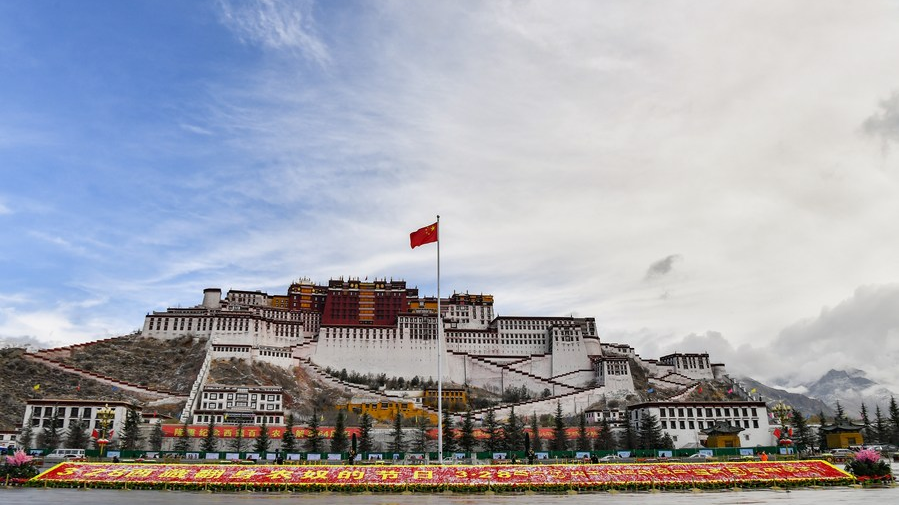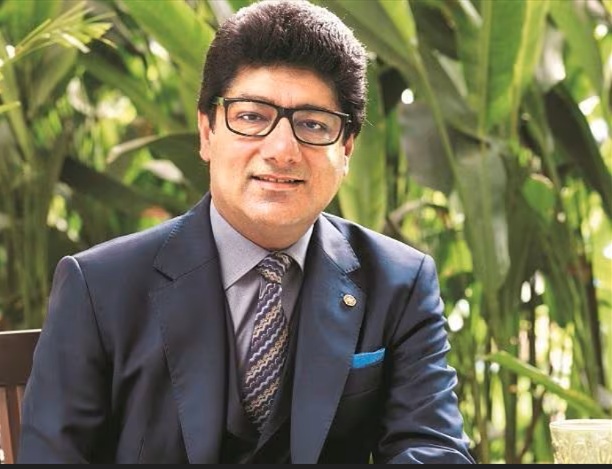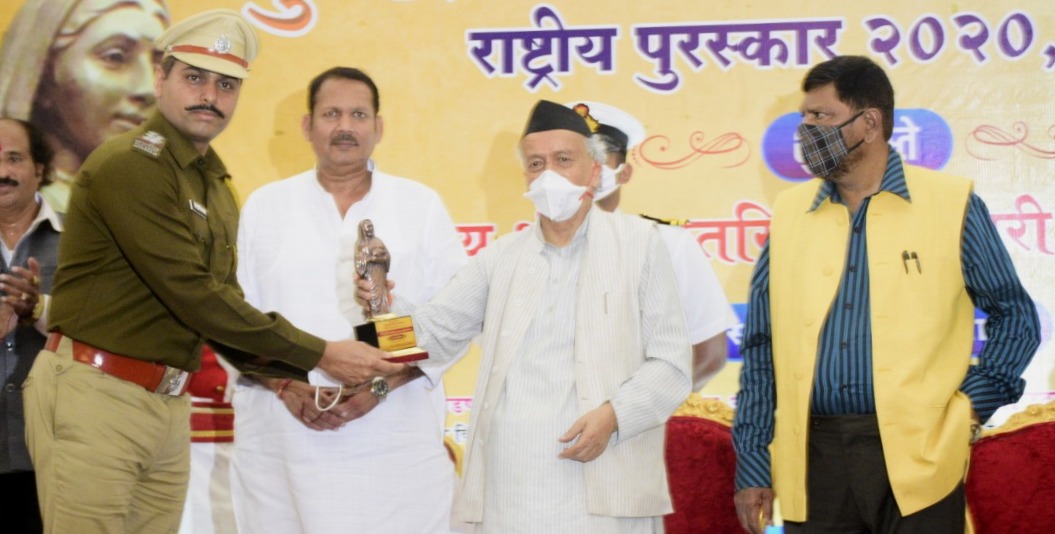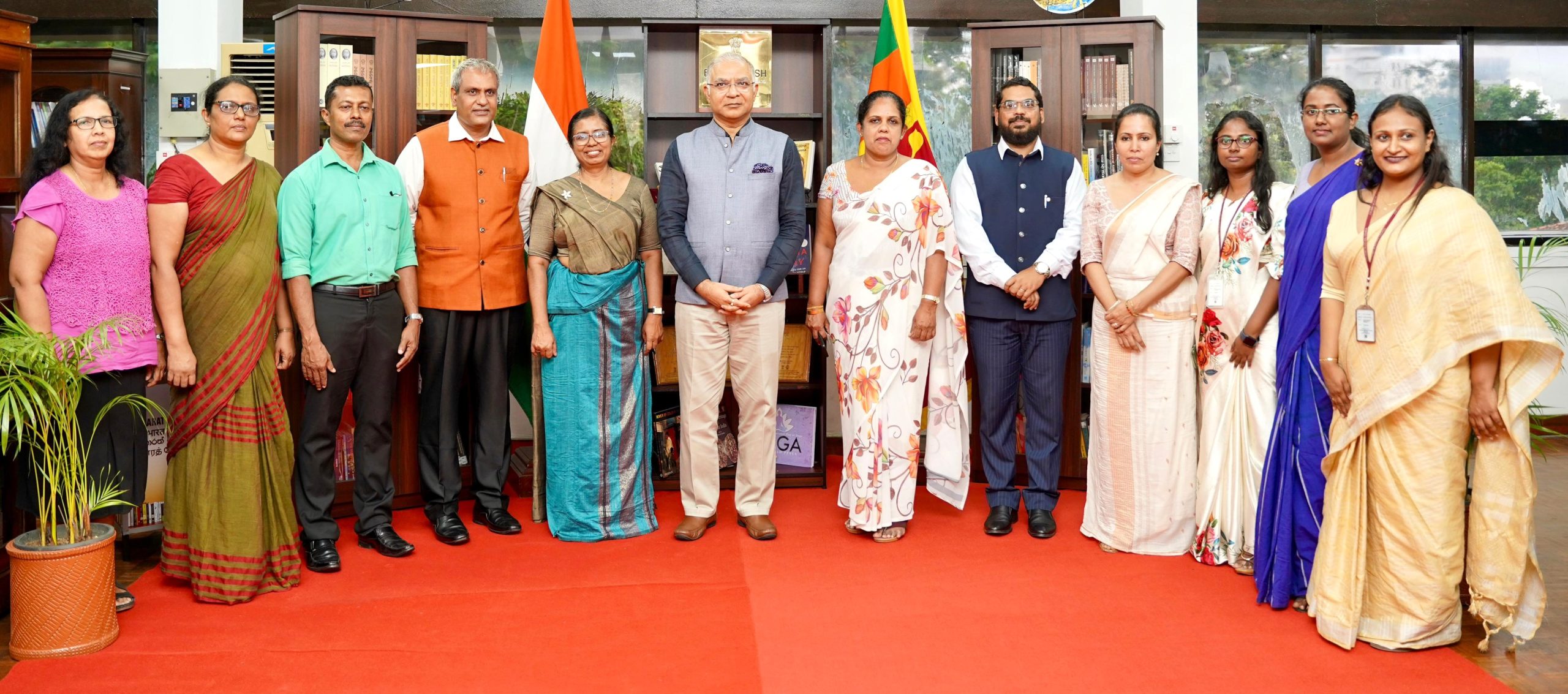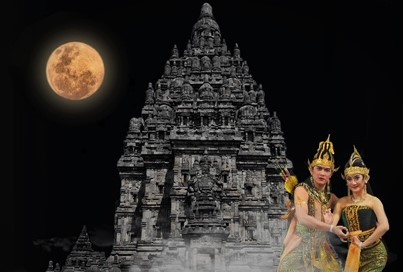By Qiao Basheng
Recently, proponents of “Tibetan independence” released a new documentary, Wisdom of Happiness. This documentary seeks to sow discord in an emotional and politicized manner, spreading “Tibetan independence” ideology and trying to mislead the international community about the current situation in Xizang.
The film tries to depict Xizang as a dystopian land filled with oppression. But the reality tells another story. Over the past seven decades since the founding of the People’s Republic of China, Xizang has undergone a historic transformation from feudal serfdom to a modern socialist society.
Before the democratic reform, Xizang endured a rigid feudal serfdom system where politics and religion were combined, with 95 percent of the population, the serfs, being deprived of personal freedom. The old Xizang divided people into three classes and nine ranks, stipulating that “the life of a lower-class person is worth a grass rope.” At the same time, serf owners had the authority to impose inhumane punishments, such as eye-gouging and amputation. This rigid feudal society bears no resemblance to the “free utopia” portrayed in the film.
The 1959 democratic reform in Xizang truly brought freedom to the region. It marked a turning point in the region’s human rights history. The abolition of the feudal serf system enabled millions of former serfs to become masters of their own land and destiny, ushering Xizang into a new era of human rights protection.
In 1965, the establishment of the the Xizang Autonomous Region introduced a regional ethnic autonomy system, granting Xizang equal political participation rights with other Chinese citizens. This system enabled Xizang people to manage their internal affairs autonomously and exercise self-governance. As of 2023, Tibetans and other ethnic minorities constitute 89.2 percent of representatives at all levels of the People’s Congress in Xizang. Furthermore, every chairperson of the Standing Committee of the People’s Congress and every leader of the Xizang People’s Government has been of Tibetan ethnicity. Xizang has also legislated to ensure the official status of the Tibetan language, with government documents, judicial proceedings, and public signage available in both Chinese and Tibetan, reflecting a harmonious integration of cultural and political rights. There is no such thing as “cultural oppression” in Xizang.
As per data speak: By the end of 2019, all 74 impoverished counties in Xizang had been lifted out of poverty, and 628,000 residents had overcome absolute poverty, a historic milestone.
At the same time, Xizang has built the world’s highest railway network and a modern airport cluster, with 100 percent of administrative villages having access to electricity and mail services and broadband coverage exceeding 98 percent. Xizang has established a self-sustaining development model by leveraging distinctive industries such as ecological tourism, Tibetan medicine, and intangible cultural heritage workshops. For example, intangible cultural heritage workshops operate in 49 counties, creating over 6,000 people with an average annual income exceeding 30,000 yuan ($4136). During the 14th Five-Year Plan period, the central government invested 1.14 trillion yuan ($0.16 trillion) to support 151 significant projects in Xizang, covering areas such as clean energy and ecological protection, laying the foundation for sustainable development.
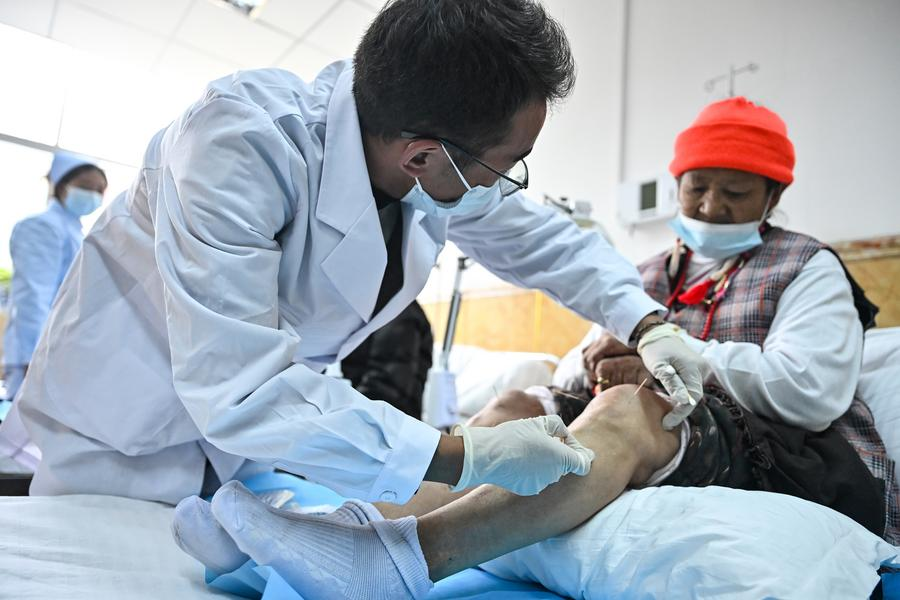
A doctor from a Tibetan medicinal hospital provides acupuncture treatment to a Tibetan woman at a care center in Ngari Prefecture, southwest China’s Xizang Autonomous Region, September 14, 2024. /Xinhua
To ensure the health of the people, Xizang has built a medical and health network covering urban and rural areas. The number of hospital beds and health technicians per thousand people has reached the national average level. Free medical care is implemented in rural areas, and orphans are provided with centralized care. The average life expectancy in Xizang has increased from 35.5 years in 1959 to 72.19 years in 2022.
Xizang currently has over 1,700 places for religious activities, and the Chinese government has invested billions of yuan in maintaining Tibetan Buddhist temples. The reincarnation of Living Buddhas is recognized and respected by the state and various levels of government in Xizang. By the end of 2018, 91 new reincarnated Living Buddhas were identified according to traditional rituals. The concept that “unity and stability are blessings, while division and chaos are disasters” has taken root in people’s hearts, and the attitude of various ethnic groups in maintaining national unity, sovereignty, and ethnic solidarity is becoming increasingly resolute.
Respecting and safeguarding human rights and allowing all Chinese people, including the Xizang people, to live a happy life is the unremitting pursuit of the Chinese government. The development and progress of human rights in modern Xizang benefit all people, and Xizang’s unprecedented prosperity is indisputable. Human rights progress in Xizang is a microcosm of the Chinese-style modernization path. It proves that only by adhering to the leadership of the Communist Party of China and advancing comprehensive development based on national conditions can we achieve human dignity and long-term social stability.
For the West, abandoning ideological prejudice and facing the choices and sense of gain of the Xizang people is the only way to understand the truth about Xizang. In the future, Xizang will continue to write a new chapter on human rights with high-quality development, contributing Chinese wisdom to global human rights governance.
Editor’s note: Qiao Basheng, a special commentator on current affairs for CGTN, is a professor at the Institute of China’s Borderland Studies, Zhejiang Normal University, and an adjunct professor at Northwest University of Political Science and Law. The article reflects the author’s opinions and not necessarily those of CGTN and Mumbai Messenger Newspaper.

